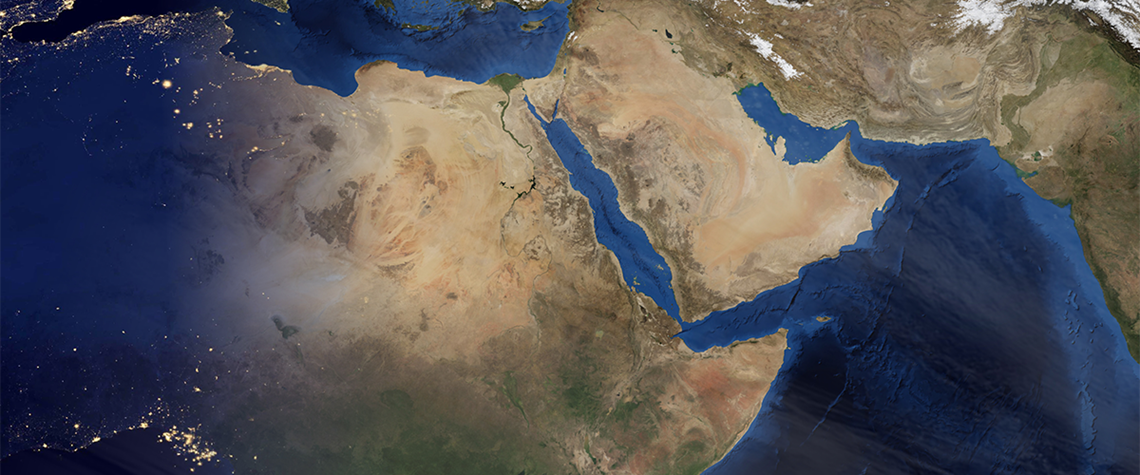Shifting sands alter balance of power in Middle East
The region’s political situation and internal relationships are changing amid the growing influence of Russia and China
The Middle East can be divided into three categories of regional alliances: allies of Iran, allies of Saudi Arabia, and allies of Turkey. The allies of Iran consist of the Assad regime in Syria, Iraq’s federal government, Hamas and Islamic Jihad in Gaza, the Houthi rebels in Yemen and Hezbollah and the Amal Movement in Lebanon. All of these groups have been embroiled in internal crises, including territorial disintegration and political upheavals, as a result of regional competition. The allies of Saudi Arabia include the countries of the Gulf Cooperation Council (GCC)—excluding Qatar—as well as Egypt, Sudan and, to some extent, Jordan. Saudi Arabia also wields significant influence over Sun

Also in this section
26 July 2024
Oil majors play it safe amid unfavourable terms in latest oil and gas licensing bid rounds allowing Chinese low-ball moves
25 July 2024
Despite huge efforts by India’s government to accelerate crude production, India’s dependency shows no sign of easing
24 July 2024
Diesel and jet fuel supplies face a timebomb in just four years, and even gasoline may not be immune
23 July 2024
Rosneft’s Arctic megaproject is happening despite sanctions, a lack of foreign investment and OPEC+ restrictions. But it will take a long time for its colossal potential to be realised







